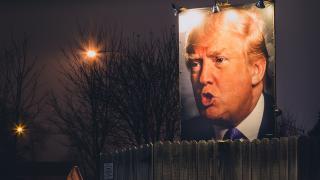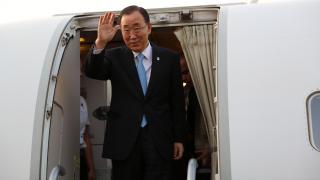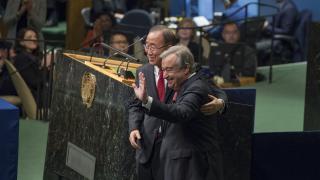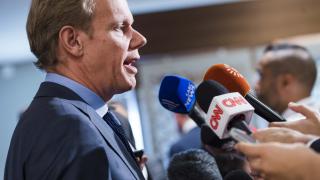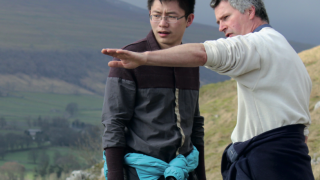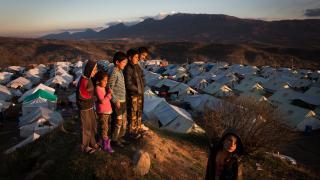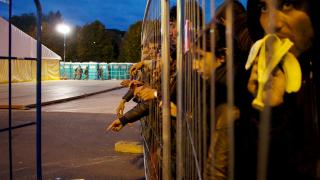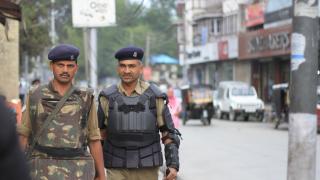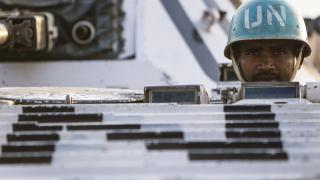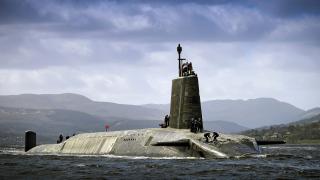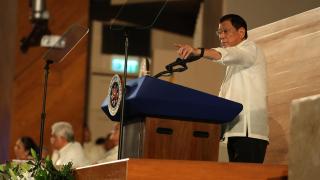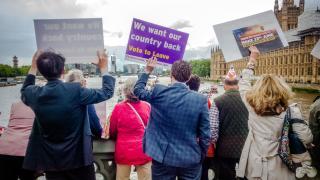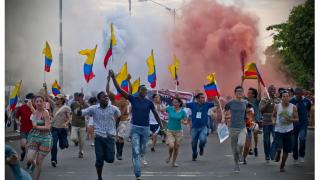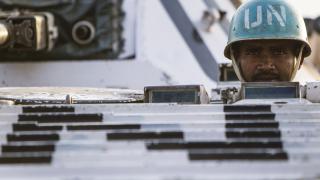
This much we know: between 8 and 11 July, in three days of intense fighting between factions within the South Sudanese Government, two UN peacekeepers and a large number of civilians were killed, while many more civilians were subjected to sexual violence. Many of these horrific attacks took place within camps that had been established by the UN for the express purpose of protecting civilians, yet it appears that armed UN peacekeepers stood by while civilians were attacked meters away.
According to an Independent Special Investigation commissioned by UN Secretary-General Ban Ki-moon, the UN Mission in the Republic of South Sudan (UNMISS) fundamentally failed in its duty to protect civilians. Ban Ki-moon responded by sacking the military leader of the mission, Force Commander Lieutenant General Johnson Mogoa Kimani Ondiek of Kenya. The civilian leader of the mission, Special Representative of the Secretary-General Ellen Margarethe Loej of Denmark, had already announced her intention to resign before the report came out.
But, according to the Kenyan Government, Force Commander Ondiek – in post for scarcely a month – had been unjustly scapegoated for a more systemic failure of a mission tasked with an unenforceable mandate, and the failure of the wider political process in which the mission sits. In response, Kenya is withdrawing its contingent of 1,000 troops, accounting for roughly a twelfth of the UNMISS’s total strength.
Could the Force Commander have done more? Is it right that he should be held individually accountable for UNMISS’s failure? And to what extent is the Kenyan decision to withdraw its troops linked, not just to the UN’s dismissal of Ondiek, but to poor handling of and a lack of consultation around his removal? Few of us are in a position to second guess. As Ewan Lawson said in a compelling piece for the Royal United Services Institute’s blog, “it is a long way from London to Juba”.
UN Peacekeeping has changed a lot. The traditional role of a peacekeeper was to observe the ceasefire line in a frozen conflict, and in a minority of missions (Cyprus and South Lebanon) that is still the case. But, nowadays the role of the peacekeeper is often to protect civilians, including by the use of force, in situations where there is no peace to keep. And despite the fact that in principle, peacekeeping always happens via the consent of the host government, in extremis – as was seen in Juba – the state itself can be seen as a hostile actor.
Difficult as this new reality may be, it does contain within it the opportunity to establish for the first time a unified set of principles for what peacekeeping should be and should do. This comes from the emergence of the doctrine of Responsibility to Protect (R2P): the idea that it is the overarching duty of states and – where they fail – the international community and the UN’s preeminent tool, peacekeepers, to protect civilians from harm and prevent atrocity crimes.
Implementing this doctrine requires an approach to peacekeeping in which the robust implementation of the mission’s mandate is placed ahead of the caveats and reservations of Troop Contributing Countries (TCCs), and where TCCs are willing to accept stronger leadership and the stronger imposition of discipline.
This is not currently the case: a UN desperate for troops has created a ‘sellers’ market’ where TCCs are able to dictate terms. Troop Contributing Countries provide a great service to the UN and the world, but they do not do so for free. Indeed, the subsidies offered by the UN Department for Peacekeeping Operations can become a significant, militarising, factor in the political economies of some TCCs. In recognition of this fact, the ‘seller’s market’ needs to be replaced by a conversation among equals about what is needed and who is best placed to provide it.
It appears that relations between UNMISS and Kenya were mishandled and, while the fog of war makes it hard to be sure, it may be the case that the Kenyan Government has legitimate grievances with how they were treated. But peacekeeping in the 21st century is going to require Troop Contributing Countries to receive a far greater deal of scrutiny, and – when required – criticism than has previously been the case. The failings of peacekeeping can no longer be considered as the failings of a hazy entity known as “the UN”. Specific units failed; they and their commanders must be answerable.
Photo: A peacekeeper serving with the Indian military contingent of the UN Mission in South Sudan (UNMISS) during a "stand to" drill in Pibor, Jonglei State. Copyright UN Photo


